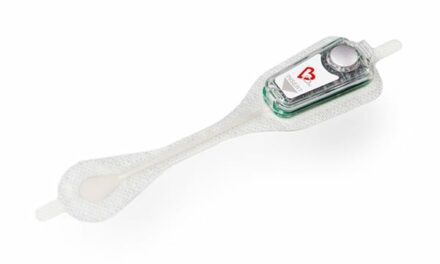The U.S. FDA is alerting healthcare providers about potential clip lock malfunctions with MitraClip Clip Delivery Systems manufactured by Abbott.
The MitraClip Clip Delivery System is a heart valve repair device that is intended to treat mitral regurgitation (MR). MitraClip was first approved in 2013 to reduce MR in selected patients:
- Whose significant symptomatic MR and heart failure symptoms result from abnormalities of the mitral valve (commonly known as primary or degenerative MR
- Whose risks for mitral valve surgery are prohibitive.
On September 8, Abbott issued an Urgent Medical Device CorrectionExternal Link Disclaimer to inform healthcare providers about the issue. An increased rate of reports of clip lock malfunctions has been observed before and after clip deployment. These events appear to occur in approximately 1.3% of MitraClip procedures and have been observed with all device models
The potential risk to patients in the event of a clip lock malfunction includes ineffective treatment of MR and the potential need for additional interventions contributing to increased procedural risks such as bleeding, complications with implanting additional clips, and longer procedural times. The majority of reported clip lock malfunction events have not been associated with adverse patient outcomes.
Based on the available data on clip lock malfunctions and the associated risks, the FDA believes that the probable benefits of the MitraClip device continue to outweigh the probable risks for the approved indications for use. The FDA is issuing this letter to ensure you are aware of the manufacturer’s recall notice and recommended actions.
In 2019, a new indication for the device was approved to include treatment of patients with structurally normal mitral valves who develop heart failure symptoms and moderate-to-severe or severe MR due to left heart enlargement and diminished function (commonly known as secondary or functional MR) despite treatment with optimal medical therapy.
MitraClip is currently the only percutaneous (implanted through the skin without open surgery) repair device approved in the United States to treat patients with MR.
The FDA is working with the manufacturer to continue to evaluate reports of clip lock malfunctions and identify other potential contributing factors and mitigation strategies. The FDA will continue to monitor reports of adverse events related to the issue.
The FDA will keep health care providers and the public informed if new or additional information becomes available.





